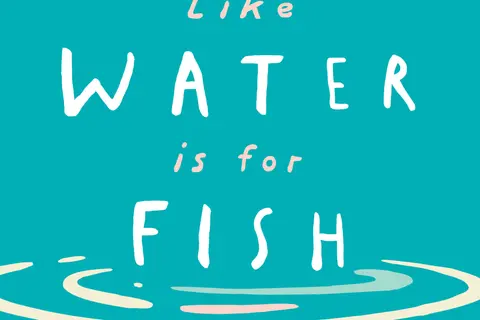Reconciliation takes commitment
Storytelling , Racism , ReconciliationWar is about hostility between people – but peace requires true friendship. The advent of democracy brought with it the promise of peace and harmony.
The journey across the racial divide to shared empathy has been – and still is – a difficult and complex one, but stories like Zikisa’s give us hope.
My friends looked like me
Zikisa Maqubela, who grew up in a democratic South Africa, only began to cross the racial line in friendships as a young adult.
“When I started working, coming into corporate South Africa, you walk into a space where a degree of integration – whether good or bad – is sort of forced. Where your colleagues come from a multiplicity of places. I was never forced to meaningfully interact with them – I could, but it was never meaningful. Most of the people I went to school with looked like me.”
Maqubela and his friends bonded because of their shared background, understanding, and experiences; and that made it easier to be friends, whereas he had nothing in common – or so he thought – with other races.
“The first dilemma is that I happen to be in Cape Town, where all the young black professionals stay for a while but end up moving to Johannesburg,” he said. “What happened is I was in one team, and all my black friends left for Joburg. For the longest time I was the only black person in my team. I was, and I am again now. So it was really lonely at work, or integrating.”
A different world
His teammates started by making small talk, but once they had had all the small talk that was humanly possible, they began to ask meaningful questions instead. Questions such as; how did you grow up? How did your life look? How did you end up here?
They would meet on a Tuesday evening and someone would share their life story. They even shared the scandalous stories from their childhood – the things they are really embarrassed to tell other people.
“It forced us to realise that we actually have a lot in common, and in many ways there were differences in how we grew up but there were also similarities. It began to humanise us in each other’s’ eyes in ways that we hadn’t been . All of a sudden that there are lives and context that I don’t really see when I’m at work, where I put my professional foot forward,” Maqubela said.
Breaking down walls
It took deliberate work.
Maqubela and his teammates spent a lot of time building rapport. They echoed each other’s frustrations about the work world, annoyances, things they didn’t like and things they liked. And then they gathered around the world’s favourite thing to bond over – food.
“We have a lot of Indian people in our team, and one of our favourite things to do is to eat Indian food together. It was the intentionality of , ‘This is my story and this is where I come from.’ And being able to tell your story without shame, and creating a space that people that actually it’s okay to tell your story here,” Maqubela said.
His team leader shared first – seeing her not hold back assured them that they could tell their story courageously too.
And because of the respect they have built for one another, people have not dishonoured those stories.
Sharing difficult stories is possible
Their storytelling made it easier to speak about difficult topics. They don’t always agree, but they’re still able to go into everything from land redistribution to race.
“It has humanised us, and not in a manner that de-racialises us. perhaps one day South Africa will be able to integrate in a meaningful way. I hold the position that white people as a general category are not committed to racial reconciliation. But the first white friend I made was genuinely committed to see a more just world in general,” Maqubela said.
This friend showed him that there are people who want to do the work.
“Get to know them first – make the call afterwards.”
Featured






